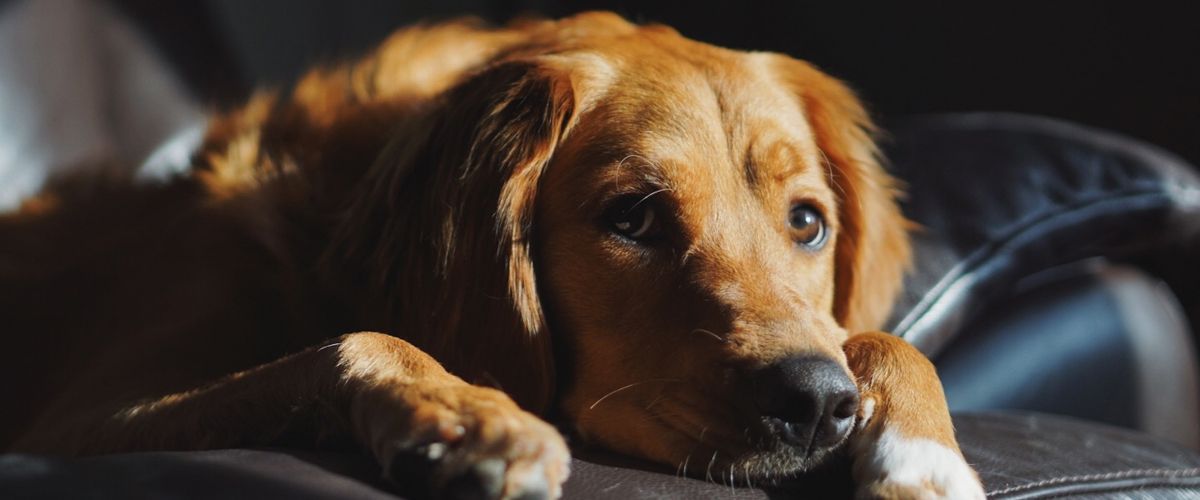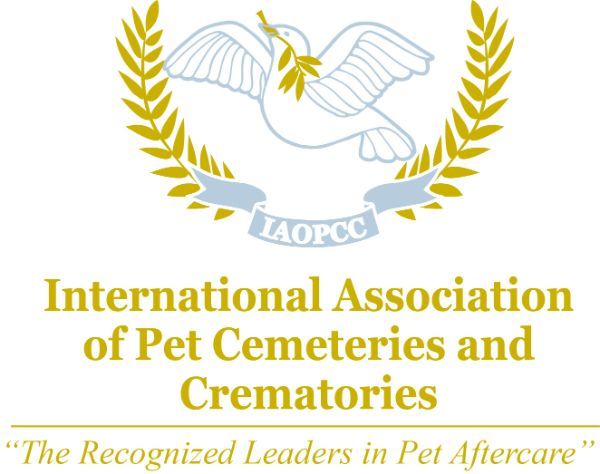Senior Exotic Pets and their needs
As exotic pets age, their care requirements change significantly. Whether you own a parrot, reptile, small mammal, or another unique companion, understanding the needs of senior exotic pets is vital for maintaining their well-being. Senior exotic pets often face challenges such as reduced mobility, dietary sensitivities, and age-related health issues. By providing tailored care, you can ensure they live their later years comfortably and healthily.
Signs of Aging in Exotic Pets
Recognizing the signs of aging is the first step to adapting your pet’s care. Common indicators include changes in activity levels, appetite, and physical appearance. For instance, older reptiles may shed less frequently, and senior birds might exhibit feather thinning or reduced vocalization. Regular veterinary check-ups are crucial for early detection of age-related concerns.
Dietary Adjustments for Senior Exotic Pets
As exotic pets age, their nutritional needs often change. Senior animals may require diets that are easier to digest and lower in calories to prevent obesity. For example, older parrots benefit from a mix of softer fruits, vegetables, and high-quality pellets. Similarly, senior reptiles may need additional calcium or vitamins to support bone health. Consult a veterinarian experienced in exotic pet care to create a diet plan suited to your pet’s specific species and condition.
Habitat Modifications for Senior Pets
Creating a safe and comfortable environment is essential for senior exotic pets. Reduced mobility may necessitate changes to their enclosures, such as adding ramps for small mammals or lowering perches for birds. For reptiles, maintaining a stable temperature and humidity becomes even more critical, as their aging bodies may struggle to regulate themselves effectively.
Health Care for Aging Exotic Pets
Preventive health care is key to ensuring your senior exotic pet thrives. Schedule regular check-ups with a veterinarian who specializes in exotic species. Common issues like arthritis, dental problems, or vision loss can often be managed with early intervention and proper care. Additionally, providing mental stimulation through toys, interaction, or environmental enrichment can improve their quality of life and prevent cognitive decline.
Emotional Support and Bonding
Senior exotic pets may become more reliant on their owners for emotional support. Spending quality time with them, whether through gentle handling or simply being present, helps strengthen your bond. Many older animals enjoy routines, so maintaining a consistent schedule for feeding, cleaning, and interaction can reduce stress and anxiety.
The Importance of Specialized Care
Owning an exotic pet comes with unique responsibilities, especially as they age. By staying informed about their needs and seeking expert advice, you can provide the care they deserve. Whether it’s a senior ferret, tortoise, or macaw, each species requires attention to its distinct needs.
Proper care for senior exotic pets not only prolongs their lives but also ensures they remain happy and healthy companions. With patience, dedication, and expert guidance, you can make their golden years truly golden.
The post Senior Exotic Pets and their needs appeared first on Angelpaw.







